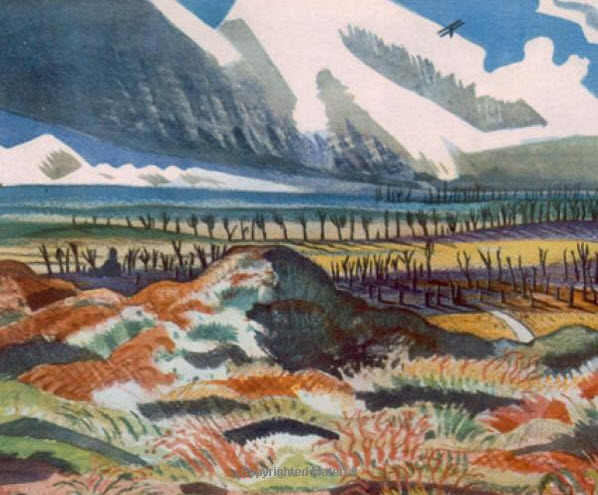Past event
Green thinking: how 20th century British environmental literature shapes the story of climate change

In this English Research Seminar, Kelly Sultzbach of the University of Wisconsin, La Crosse presents a project which considers how the experience of a muddy, apocalyptic war and the metroland octopus of suburban development influenced the pastoral imagination of environmental writing between the wars.
Kelly says of the research: “In some ways, it is a corollary to my first book, which examined how the formal innovation of high modernism fractured boundaries between human and non-human, inaugurating questions about phenomenological intertwinings of material bodies and the animate agency of non-human life.
“While my first book linked writers such as Virginia Woolf and WH Auden to a 21st century ecological awareness, my current research looks at popular literature and nature writing, much of it penned by veterans of the First World War, including Edmund Blunden, JB Priestly and RC Sherriff. Their stories raise messy questions about rural nostalgia, preservation and prejudice, as well as the fickleness of human nature when confronted with choices about our own consumerist desires and what is best for a thriving countryside. These stories are less engaged with the progressive post-humanism of contemporary scholarship; instead, they illuminate some of the more contested social struggles of 21st century climate change: What kinds of narratives motivate people to support environmental agendas? Are the reasons most of us love and cherish nature compatible with preserving it? How do we create stories that don't just speak to fellow activists, but subtly, compellingly, begin to listen to and cultivate wider fields of green public thinking?”
Using examples from both her published work and new research, Kelly will explore the continued relevance of environmental modernism to a 21st century Anthropocene awareness.
Venue: The Lawson Lecture Room, Kennedy Hall